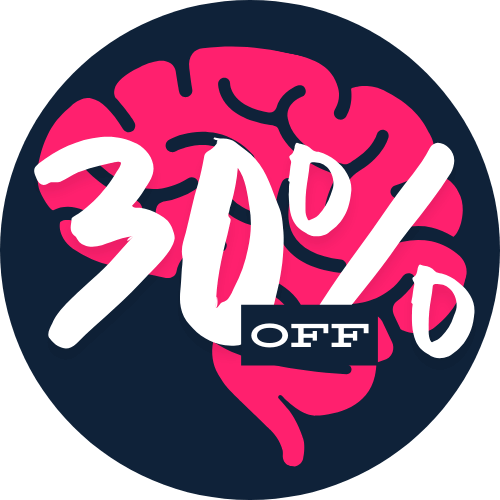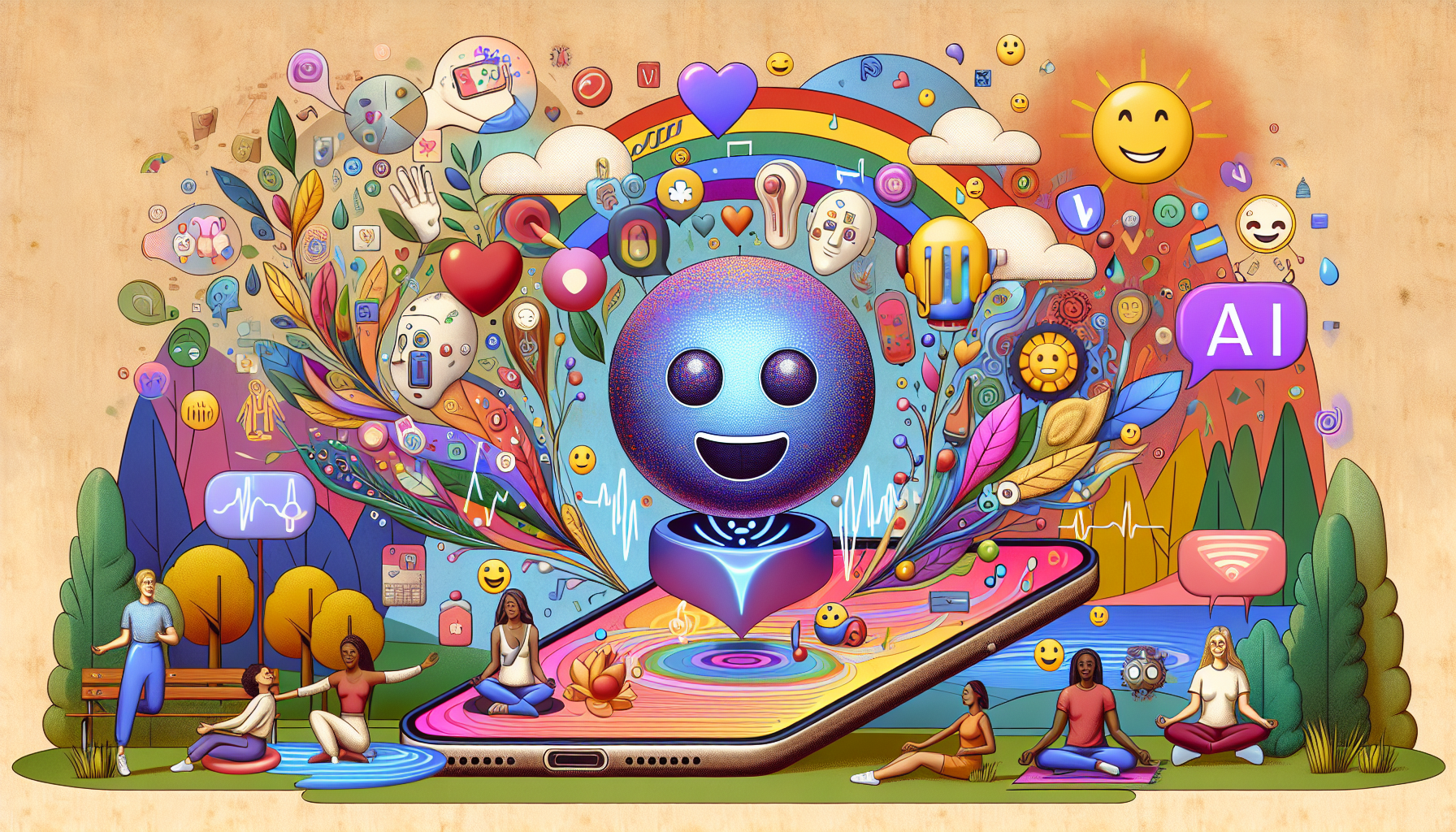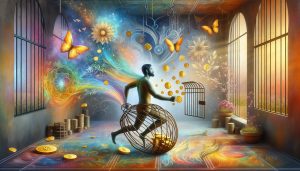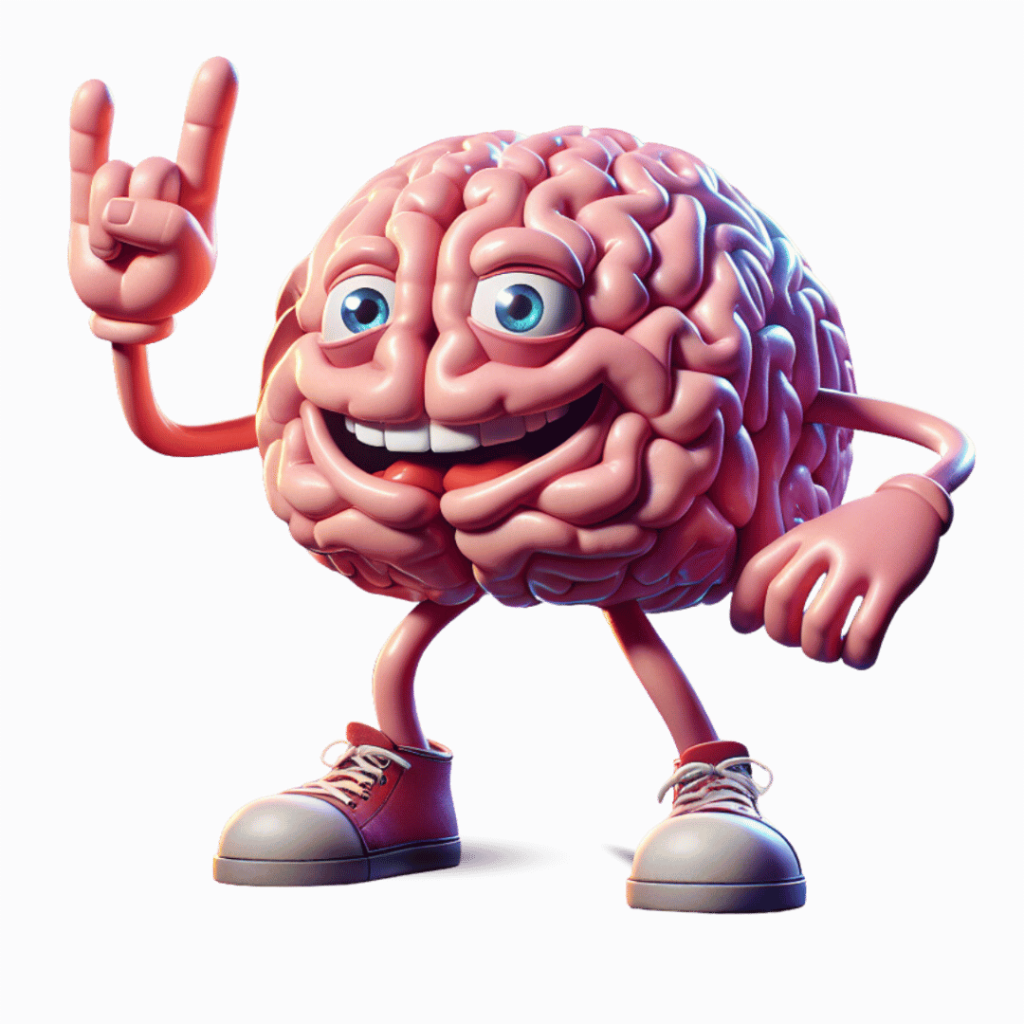In our fast-paced, tech-driven world, mental health care is entering a brave new age—and it’s more fun than ever! Picture this: you’re feeling a bit off, and instead of reaching for a fidget spinner or a self-help book, you pull out your phone and fire up a quirky app designed to lift your spirits. Welcome to the era of AI-powered mental wellness! These byte-sized tools are shaking up traditional methods, offering everything from virtual companions to gamified therapy experiences. Let’s dive into the wonderfully weird world of AI solutions that not only help boost your mental health but do so with a sprinkle of fun!
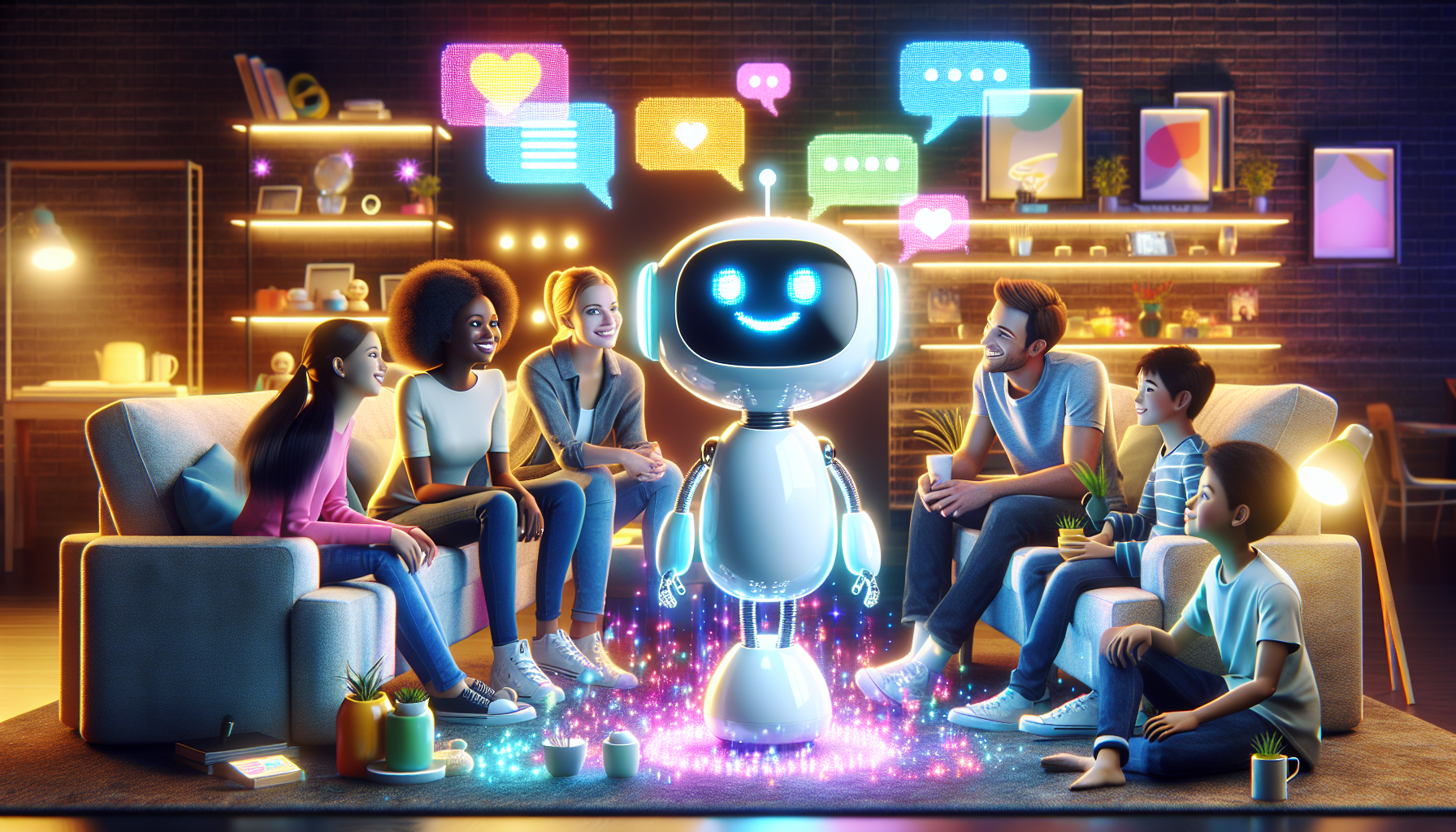
The Evolution of Mental Health Support
Traditional Methods vs. Modern Approaches
For centuries, mental health support resembled a scene from an old-timey movie: a client sitting on a therapist’s couch, sharing their deepest secrets while the therapist scribbles notes like a detective chasing clues. Fast forward to today, and we have apps to provide that support with far fewer uncomfortable silences!
Before we dive headfirst into this digital pool of self-care, let’s take a quick peek at how we got here. Once upon a time, people went to see doctors who asked them a lot of probing questions. Now, you just need a Wi-Fi connection and a smartphone!
Why Fun Matters in Mental Health?
The realm of mental health has transformed dramatically with technology’s rise. What’s more engaging than a rigorous therapy session? How about a game that teaches you mindfulness while letting you vanquish imaginary dragons? The science behind gamification suggests that enjoyable experiences can significantly enhance learning and retention, turning mental wellness into an exciting quest rather than a dreaded chore.
Quirky AI Tools for Mental Health
AI-Powered Mindfulness Apps
One of the standout innovations is the rise of mindfulness and meditation apps like Headspace and Calm. These platforms make mental wellness entertaining with vibrant animations, guided meditations, and even soothing soundscapes featuring everything from rainforest frogs to gentle ocean waves. Who wouldn’t love to float on a virtual cloud while learning to breathe deeply?
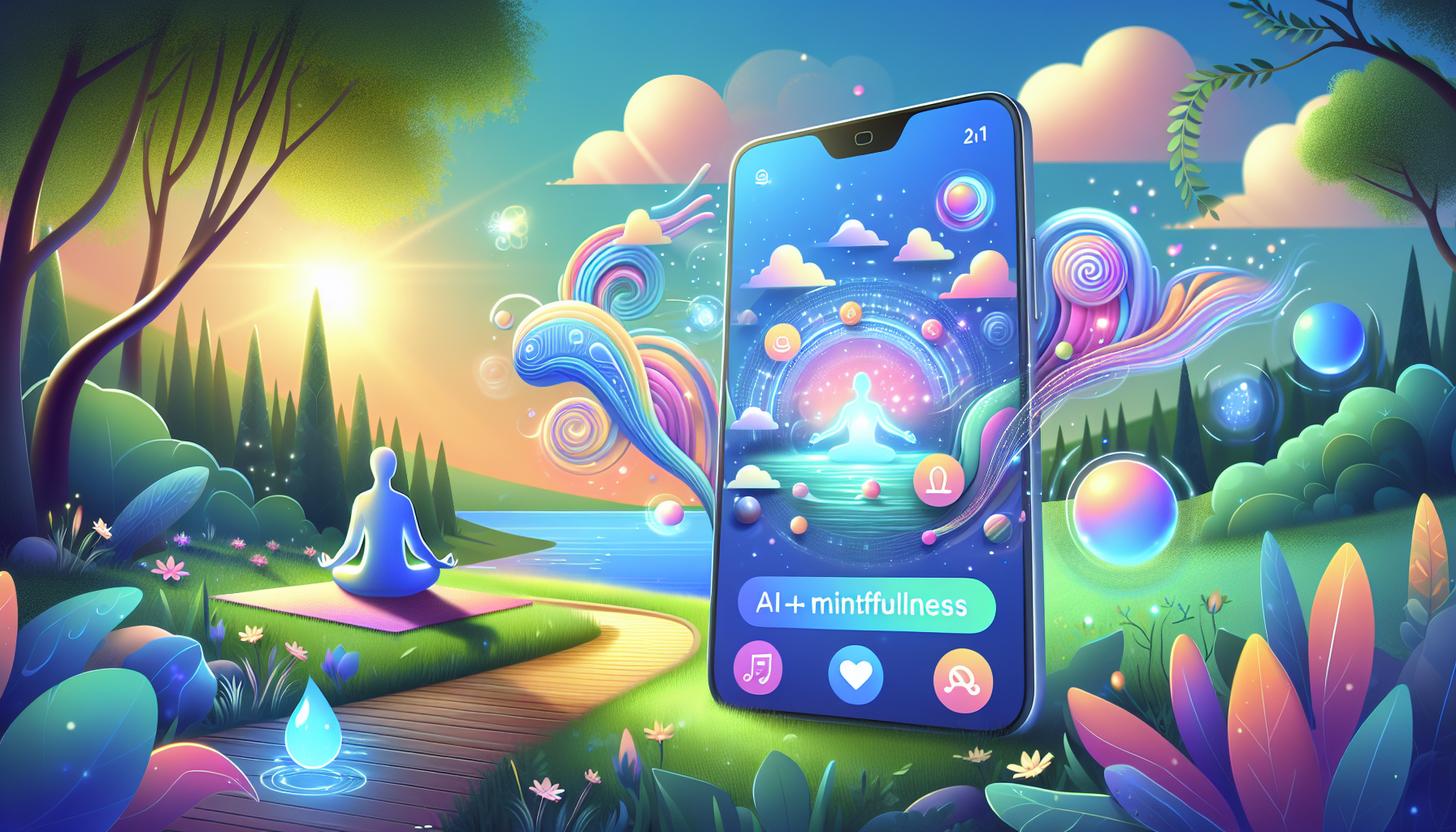
Features that make these apps entertaining:
- Fun Animations: Expect quirky animations that make meditation feel less like a chore and more like a mini-vacation.
- Interactive Exercises: Users can participate in engaging exercises that require their input, keeping them actively involved.
- Themed Sessions: Apps often offer themed sessions—yoga on the beach one day, a mountain getaway the next. Adventure awaits!
Virtual Companions and Chatbots
Meet Woebot and Wysa—your digital therapists who never tire of your rants. These AI-driven chatbots use friendly interfaces to provide support and coping strategies right when you need them most (and they won’t judge you for venting at 2 AM).
Imagine having a therapist in your pocket who works 24/7! Real users rave about feeling understood and less alone as they strike up “conversations” with their virtual pals.
- Always Available: Need an ear at midnight? Your chatbot’s got your back.
- Tailored Interactions: These AIs adapt to your experiences, getting to know you and your preferences.
- Light-hearted Conversations: Who said therapy was all seriousness? They even throw some jokes into the mix!
Interactive Games Designed for Mental Wellness
Think video games are just for fun? Think again! SuperBetter, for instance, takes the gaming concept and gives it a mental health twist. Players tackle real-life challenges disguised as game quests, earning points for completing tasks that promote resilience and mental strength. It’s like leveling up in life while simultaneously collecting emotional rewards!
Perks of combining gaming with mental health support:
- Accomplishment Feeling: Completing challenges boosts self-esteem and provides a sense of achievement.
- Social Interaction: Many games include elements of community interaction, reducing feelings of isolation.
- Fun Learning: Players absorb mental wellness strategies while immersed in gameplay—how cool is that?
How These Tools Work: The Science Behind the Fun
The Psychology of Engagement
Engagement is key in mental health care. Studies show that when users find apps enjoyable and rewarding, they’re more likely to stick with them. This engagement fosters consistent practice of mental wellness techniques, helping reinforce positive habits (and it feels way less like homework).
Data and AI: Predicting Moods and Providing Support
Behind the scenes, algorithms track your mood patterns, helping customize your experience. These AI tools analyze your interactions and preferences, ensuring you receive relevant tips and exercises when you need them.
Imagine getting a notification just as you start to feel down, reminding you to take a deep breath and try a quick meditation session. That’s some next-level support right there!
Balancing Fun with Responsibility
However, while it’s all fun and games, it’s vital to enjoy these tools responsibly. They should supplement, not replace, professional care when needed. Users should understand their limitations—after all, R2-D2 can’t do everything!
Success Stories: Real People, Real Impact
Testimonials of Users Who Found Joy and Relief
Imagine a young professional named Sarah who turned to a mindfulness app during stressful workweeks. With its fun animations and guided practices, she began to tackle her anxiety head-on and reported feeling calmer and more centered. Sarah’s journey illustrates just how impactful these apps can be in everyday life.
Mental Health Professionals’ Perspectives on Using AI
Even therapists are taking notice! Dr. Jane, a psychologist, shares her enthusiasm: “The flexibility and accessibility that these AI tools offer can lead to significant positive changes in my clients’ lives. Plus, the playful element often helps to break down barriers.” Peer-reviewed evidence? The great minds have spoken!
Challenges and Considerations
Limitations of AI in Mental Health
Of course, these tools come with caveats. AI simply can’t replace genuine human connection. While bots may provide comfort, they lack the empathy and nuanced understanding of a trained professional.
It’s important to remember that not every mental health challenge can be resolved with a few taps on your phone. A chat with a real, live human—preferably one wearing a white coat and offering chocolate (just kidding)—is sometimes essential!
Addressing Privacy and Data Security Concerns
With great apps come great responsibilities—specifically, data security. Users must be aware of privacy policies and ensure they’re comfortable sharing personal information.
- Read the Fine Print: Always check how your data will be used and secured before diving into an app.
- Be Cautious with Sharing: Only share what you’re comfortable with, and make sure it’s a safe platform.
The Future of Fun in Mental Health
Predictions for the Next Wave of AI Solutions
What’s on the horizon? Experts predict features like augmented reality therapy experiences, increasingly personalized interactions, and perhaps even AI companions that adapt to our changing emotional landscapes. Imagine having an AR session where you could walk through your dream garden while meditating—sounds dreamy, right?
Encouragement for Readers to Explore
Consider these AI tools as potential allies in your wellness journey. Explore options and find what resonates most with you—because everyone deserves a little fun in their mental health routine!
Ready, Set, Self-Care!
Self-care in the digital age is more exciting than ever. With fun, engaging AI tools at your fingertips, maintaining your mental health doesn’t have to feel like an uphill battle. So why not embrace this byte-sized healing revolution?
- Download a mindfulness app and try it for a week.
- Have a chat with a chatbot and let it surprise you!
- Kick back with an interactive game that boosts your resilience.
Embrace the Fun Side of Mental Wellness!
By weaving playful experiences into your mental health journey, you create a supportive, empowering environment. Let’s ditch the stigma and embrace the fun side of self-care. Remember, mental health doesn’t have to be heavy—it can be light, enjoyable, and downright delightful!

